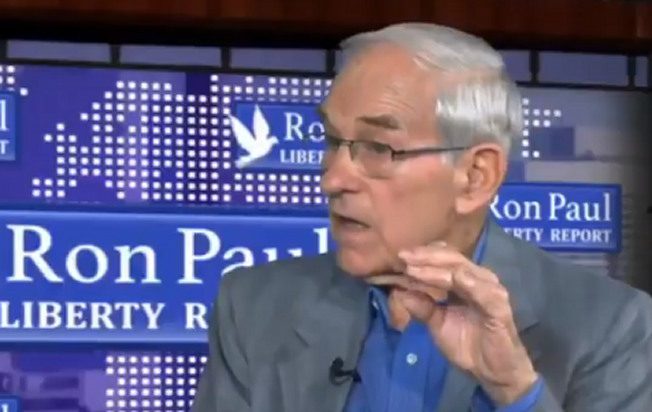Recent news has shed light on Donald Trump’s interest in appointing Elon Musk to lead a task force dedicated to identifying and reducing wasteful government spending. The development took a notable turn when Musk expressed interest in collaborating with Dr. Ron Paul, a former congressman and libertarian presidential candidate known for his ardent support of smaller government. This partnership could signify a significant shift in how government efficiency is approached, particularly in a hypothetical second Trump administration.
Ron Paul has long been a vocal critic of excessive government expenditure, advocating for fiscal responsibility and minimal government intervention. In a recent interview, Paul expressed enthusiasm for Musk’s potential role as a government efficiency commissioner and indicated his willingness to provide advisory support on economic policy matters. His assertion that he would “freely offer his advice” underscores his commitment to tackling wasteful spending, despite his preference to distance himself from official political positions. Instead, Paul aims to focus on public education about the risks associated with unchecked government expansion.
The conversation between Musk and Paul gained momentum through social media interactions, where Paul made it clear that he would be open to discussions regarding government efficiency with Musk. This exchange suggests that both figures see the potential for significant reform in how the government operates, especially in managing budgets and expenditures. Paul’s advocacy for smaller government aligns with Musk’s innovative mindset, making their collaboration an intriguing prospect for those concerned about fiscal responsibility.
Imagining the implications of their partnership raises questions about the possible recommendations Paul might make regarding cuts to government spending. Given his record of advocating for the dissolution of certain government agencies and departments, it is conceivable that his strategies could involve radical reforms that aim to streamline government operations drastically. Such measures could lead to a seismic shift in how government services are delivered, ultimately reducing the tax burden on citizens.
Furthermore, this collaboration reflects a broader ideological movement within segments of the Republican Party that aligns with libertarian principles. The growing acceptance of a niche agenda that emphasizes limited government and fiscal prudence could reshape policy discussions in the future. With influential figures like Musk and Paul at the forefront, a renewed focus on addressing bureaucratic inefficiencies may cultivate a political environment more conducive to libertarian-like approaches to governance.
In summary, the potential partnership between Elon Musk and Ron Paul in the realm of government efficiency presents a unique opportunity for redefining fiscal policies in a Trump administration. Both individuals’ commitment to reducing government waste is likely to resonate with constituents who prioritize a leaner government. While the specifics of their collaboration remain to be seen, their combined efforts could lead to meaningful discussions about spending reductions and could ultimately pave the way for transformative changes in federal policy. As public discourse around government spending continues to evolve, the outcomes of this collaboration may serve as a litmus test for the viability of libertarian ideals within contemporary politics.

